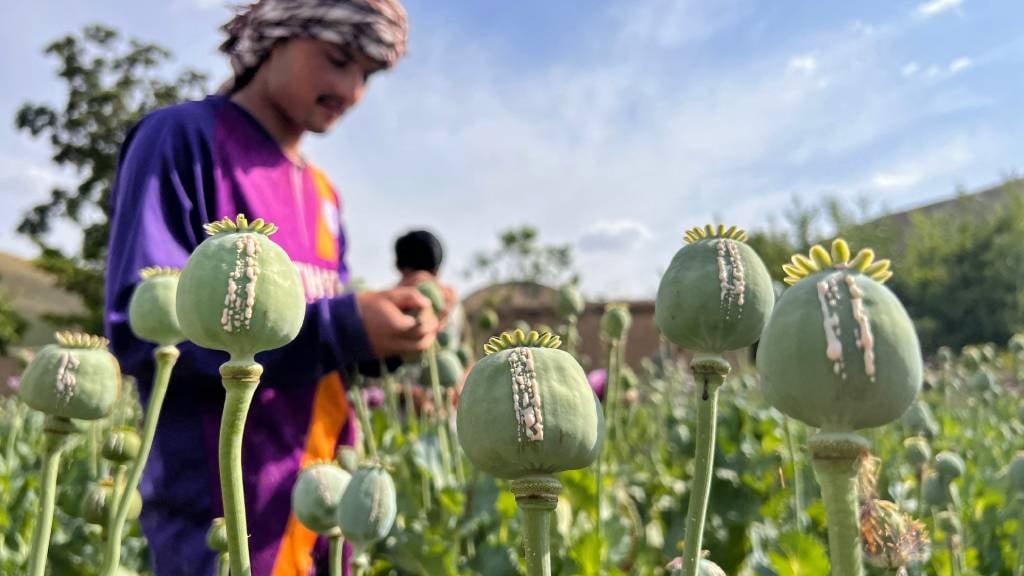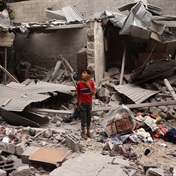
- Opium poppy production in Afghanistan has plummeted.
- Farmers have switched to growing wheat.
- But the earnings from wheat are much lower than opium.
Opium poppy production in Afghanistan, previously the world's top supplier, has plummeted since the Taliban administration banned the cultivation of narcotics last year, a United Nations report said on Sunday.
The UN Office on Drugs and Crime (UNODC) said opium cultivation fell throughout the country to just 10 800 hectares in 2023 from 233 000 hectares the previous year, slashing supply by 95% to 333 tonnes.
This was putting pressure on farmers in the war-torn country, where most people depend on agriculture and the value of poppy exports had at times outstripped the value of all formal exported goods, UNODC said.
The sharp decline could have major consequences for the economy in a country where around two-thirds of the population are already in need of humanitarian aid, the report said.
READ | Taliban brands Pakistan expulsion threat to Afghan immigrants 'unacceptable'
"Over the coming months Afghanistan is in dire need of strong investment in sustainable livelihoods to provide Afghan farmers with opportunities away from opium," Ghada Waly, the executive director of UNODC, said in a statement.
"This presents a real opportunity to build toward long-term results against the illicit opium market and the damage it causes both locally and globally."
The huge contraction in supply from Afghanistan - estimated to supply around 80% of the world's illegal opium - could eventually lead to a drop in opium use internationally, but it also risked escalating the global use of alternatives such as fentanyl or synthetic opioids, the UNODC said.
The Taliban's supreme spiritual leader banned the cultivation of narcotics in April 2022, and the interior ministry said it would destroy any remaining crops.
During their previous rule, the Taliban in 2000 banned poppy cultivation as they sought international legitimacy but faced popular a backlash, according to experts.
Many of the provinces where the Taliban has historically had high levels of support, such as southern Helmand, have a large concentration of opium poppy cultivation.
The UNODC said many farmers had switched to growing wheat but that this earned significantly less than poppy.




 Publications
Publications
 Partners
Partners























